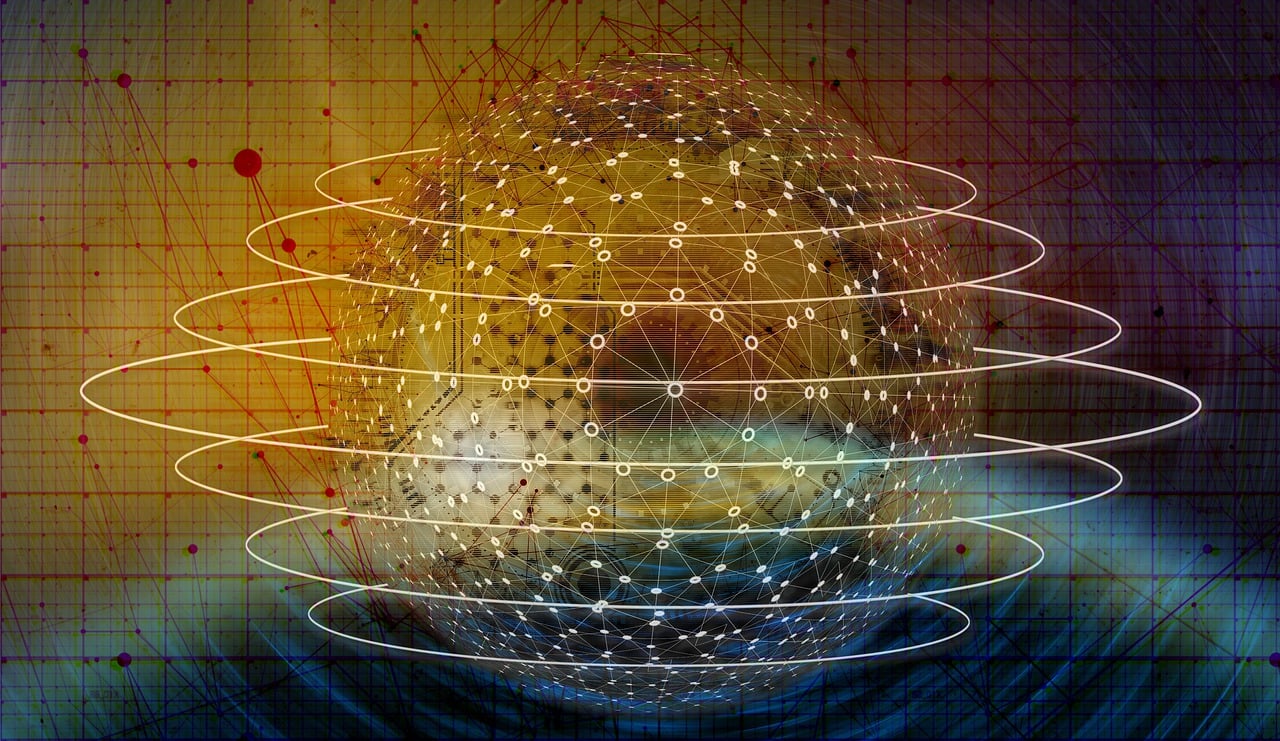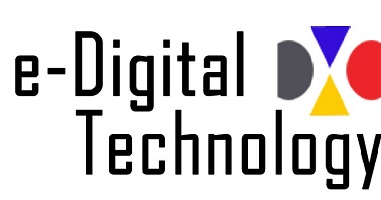
When people hear about blockchain, they often almost immediately think not just of coins called Bitcoin but of many more cryptocurrencies. In truth, blockchain kicks off the party when it comes to cryptocurrencies, but we’ve just begun to scratch the surface and get excited about all the other amazing things it can do.
Lately, blockchain zoomed to the head of the pack and it’s an amazing new tech that promises big changes and big excitement for lots of different companies and jobs. It makes transactions simple and boosts trust a lot in cyberspace.
Understanding Blockchain
At its core, blockchain is a decentralized, distributed ledger system that records transactions in a secure, transparent, and immutable manner. Each transaction is stored in a block, and these blocks are linked together in a chronological chain. Once data is recorded, it cannot be altered without consensus from the network, making the system highly secure and trustworthy.
Beyond Bitcoin: Real-World Applications
- Supply Chain Management
Blockchain enhances transparency and traceability in supply chains. Every single move of transactions and good happens to be logged on the blockchain. That means companies can keep track of their goods all the way from where they start, all the way to when they arrive. This is particularly valuable in food safety, pharmaceuticals, and luxury goods, where authenticity and compliance are critical.
- Healthcare
Blockchain helps store and manage patient records securely. It makes sure only people who are allowed have access to sensitive information like medical details. This prevents breaches and makes it easier to share that info whenever specialists talk with each other without revealing anything they shouldn’t.
- Voting Systems
Blockchain-based voting platforms can provide a tamper-proof way to conduct elections. By making everything totally clear and showing evidence of every step along the way, blockchain can raise people’s confidence in elections and reduce foul play. This makes democratic processes more secure as an outcome.
- Intellectual Property and Digital Rights
Artists, musicians, and content creators can use blockchain to register their work and manage royalties. Smart contracts—self-executing contracts stored on the blockchain—can automatically distribute payments when conditions are met, removing the need for intermediaries.
- Finance and Banking
While cryptocurrency is one application, blockchain is reshaping the broader financial landscape. It lets people easily send money to and from different countries quickly and cheaply. This reduces costs and also lets new platforms called DeFi or decentralized finance do things like allowing people to lend, borrow, and invest money directly, rather than needing to rely on banks as intermediaries.
The Power of Smart Contracts
One of the most transforming parts about blockchain is definitely smart contracts. These are like special agreements that really do things all by themselves right when certain expectations are met automatically. They eliminate the need for intermediaries, reduce errors, and ensure compliance, making them useful for real estate deals, insurance claims, and business agreements.
Security and Trust
One of the great things about blockchain technology is that there isn’t just one weak link; there is no single point that can go down and essentially leave everything vulnerable. Every participant in the network holds a copy of the ledger, making it nearly impossible to alter past records. It creates a bond or feeling of trust even when people don’t like each other or know each other, and that’s a really important part of commerce all around.


